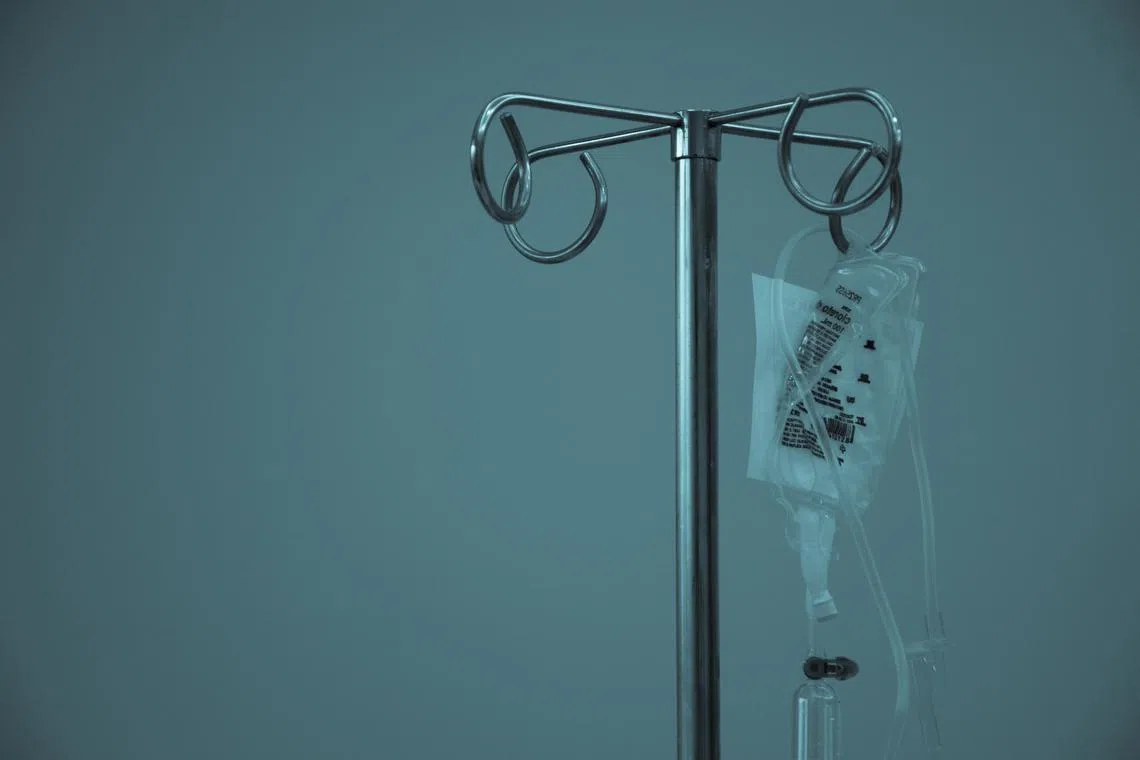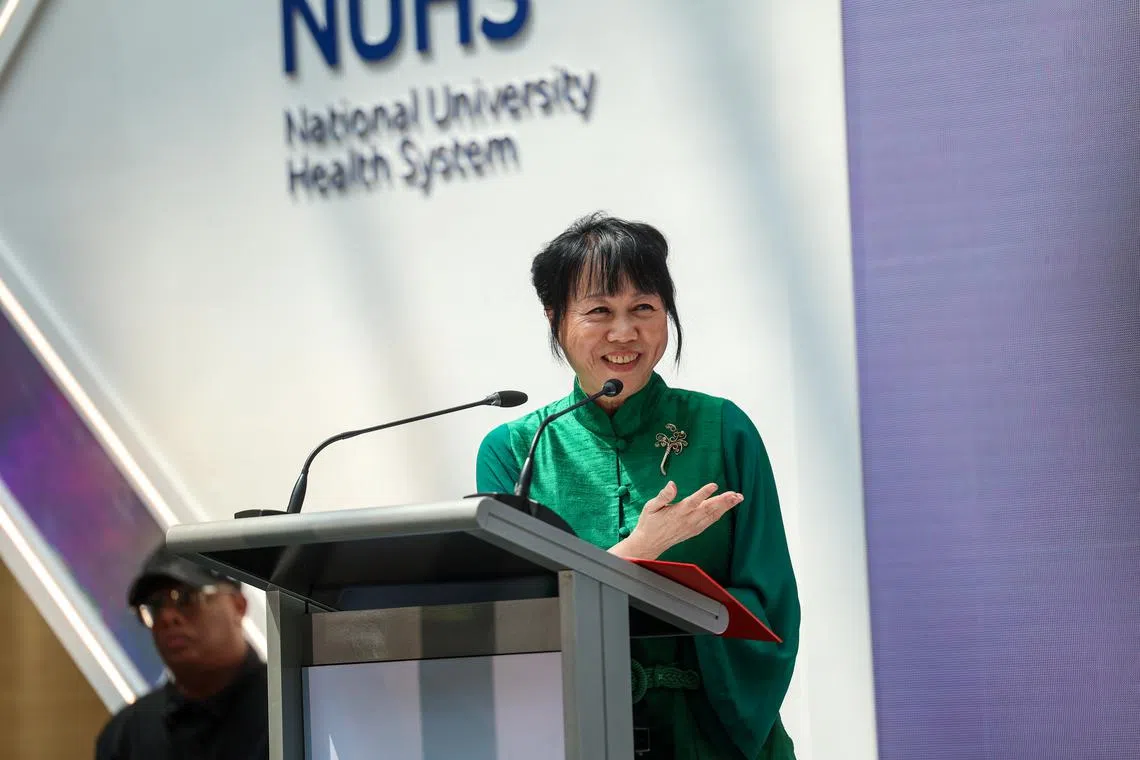S’pore trial testing drugs on cancer cells shows promise in reducing unnecessary treatments
Sign up now: Get ST's newsletters delivered to your inbox

The oncologist leading the trial said the technique can protect up to 70 per cent of patients from treatments that do little to help them.
PHOTO ILLUSTRATION: UNSPLASH
Follow topic:
SINGAPORE – An ongoing clinical trial in Singapore that aims to save patients with advanced cancers from receiving unnecessary treatments has shown promising results.
It involves extracting cancer cells from patients during their biopsy, growing the cells in a laboratory and testing drugs on the cells to see if they will be effective in helping individual patients.
Dr Yong Wei Peng, the oncologist leading the trial, said this approach can protect up to 70 per cent of patients from treatments that do little to help them.
“This technique allows us to match the right drugs with the needs of the patient,” said Dr Yong, who is associate director of research and a senior consultant at the department of haematology-oncology at the National University Cancer Institute, Singapore (NCIS).
“In doing so, it can help patients save cost and reduce their exposure to the toxicity of unnecessary treatments.”
NCIS is one of the first institutions worldwide to trial the technique, which could lead to personalised cancer treatments.
Six patients with advanced gastric cancer have undergone the trial so far. Researchers found that testing combinations of drugs on their cancer cells in a laboratory yielded the same results as giving them the drugs directly.
This means the tests done on cancer cells have preliminarily been shown to be able to predict how a patient would react if the drugs were given to them in reality.
Dr Yong said growing enough cancer cells to test drugs on them could take from six weeks to four months. But it does not delay treatment as this method of testing is currently not required in the early stages of treating cancer, he added.
“Oncologists usually proceed with first-line treatments as quickly as possible after a patient’s diagnosis. This can be a combination of surgery, chemotherapy or radiation therapy,” he said.
“Most patients – about 70 per cent to 80 per cent of them – respond well to first-line treatments.
“The role of testing using cancer cells (is to) help doctors whose patients show resistance to first- or second-line treatments decide what combination of drugs to proceed with next.”
Dr Yong added that patients with advanced-stage cancers may also choose to opt out of treatment and prioritise end-of-life care if test results predict that they will respond poorly to alternative treatment plans.
In subsequent phases of the trial, Dr Yong hopes to recruit more patients with different types of cancers, especially those with the most common types in Singapore – breast cancer, cervical cancer and colorectal cancer.
He also hopes to find new ways to “miniaturise the process”, such that fewer cancer cells are needed to run tests on them.
“This would reduce the time required to run tests and allow this technique to be applicable to first-line treatments in future,” he said.
Cancer is the top killer in Singapore, accounting for nearly 24 per cent of deaths in 2022.
The institute on Saturday marked its 15th anniversary as a national centre for cancer with a weekend family carnival, with Ms Jane Ittogi, wife of President Tharman Shanmugaratnam, gracing the event.

Ms Jane Ittogi, wife of President Tharman Shanmugaratnam, at the weekend family carnival held by the National University Cancer Institute, Singapore, on Saturday.
PHOTO: LIANHE ZAOBAO
Eight cancer survivors went on stage and rang bells to signify the end of their cancer treatment and the start of a new chapter in their lives. The carnival seeks to honour cancer survivors, educate the public about cancer treatments and developments, and raise funds to advance cancer research. The trial led by Dr Yong taps the NCIS Cancer Fund.
When asked about the ongoing clinical trial, cancer survivor Chang Fook Tin said: “Any work done towards developing more effective treatments is always good.”
Mr Chang, 91, who battled sarcoma in his right arm twice and had to have the limb amputated in 2017 when the cancer progressed, has been in remission for six years. Sarcoma is a rare form of cancer that affects soft tissue.
He said he wants to be able to renew his passport until he is 100 years old.
“I’m a happy-go-lucky person (and my attitude) helped me cope with cancer. I want to tell other cancer patients not to worry and take things one day at a time,” said Mr Chang.


